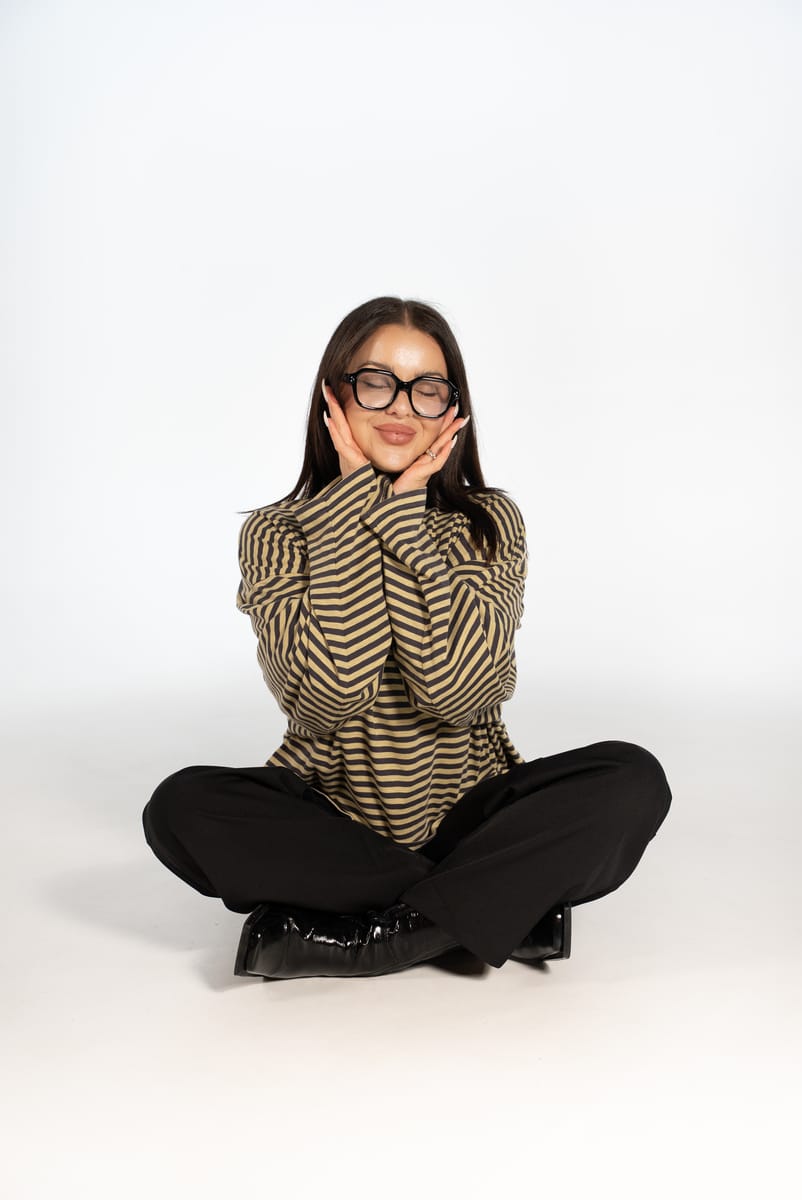
The rise of the ‘trad wife’ is a reminder of the importance of looking at the underlying messages and socio-political implications behind online movements. Before aligning with any trend, brands should consider whether it truly reflects their values.
Tell me why my feed for the majority of this year has looked like a dystopian version of Don’t Worry Darling.
There are more soft-spoken, home cooks in designer dresses than normal influencers these days.
It seems the 'trad wife' phenomenon has taken over the internet. And now, BBC is releasing a documentary about these 'problematic' creators that have been on the rise since the overturning of Roe v. Wade in 2022.
The fad of women glamorising a retrograde ideal of domesticity is apparently, a fantasy world filled with hidden dangers.
But on a larger scale, this begs the question: can trends actually be harmful?
If you’re unfamiliar with trad wives, the term refers to women who are 'traditional,' stay at home wives and mothers. They perform domestic tasks like cooking and housework, dedicating their lives to caring for their children and husbands.
Online, the term was originally associated with women who make content about this particular lifestyle. These creators often encourage others to adapt their slower, folksy way of living.
Creators like Nara Smith, Lydia Millen and Hannah Neelman are all famous for the aesthetically pleasing, seemingly blissful, countryside-esque lifestyle they depict in their content. Social media users have labelled these women as 'trad wives.’
According to Cécile Simmons, a researcher at the Institute for Strategic Dialogue, there's actually an international movement of women who advocate a return to traditional gender norms.
These include submitting to their husbands and promoting domesticity.
However, the growing class of influencers who identify as so-called trad wives don’t necessarily identify or align with such ideals. Instead, many see it as a new life of aspiration they’re leading, not a political stance against feminism.
Regardless, their videos promoting a return to the 1950’s idea of housewifery are often met with backlash. For example, in one of her videos, creator Jasmine Darke tells viewers she’s 'teaching her daughter that it’s perfectly acceptable to depend on a man.' And it's causing widespread controversy.
Is this just a content trend where women genuinely enjoy floating around their homes with a feather duster, picking pretty flowers from the garden for a centrepiece, and baking bread from scratch?
Or does this phenomenon pose real danger, strictly enforcing female submissiveness and male domination?
The influencers who make this content may not be explicitly political. But the subtext here can’t be ignored. And regardless of intention, this kind of content could perpetuate harmful ideals, pandering to those who believe women’s rights have gone too far.
This poses a case for the dangers of social media trends.
At risk of sounding like an old head, we know how great an influence trends can have on audiences. Remember when people literally ate Tide Pods? Yeah. Need I say more?
When it comes to brands utilising trends or partnering with creators, it’s best we do our due diligence. The last thing we should do is blindly co-sign an ideology or set of values without really thinking through what it says about our brand.
Platforms are making efforts to cull posts about social and political issues from feeds. But there are still forms of content with a subtext that pushes an agenda you’d otherwise be unaware of.
If that’s your thing, more power to you. Just as long as you’re making an informed decision for you and your brand.
-Sophie, Writer
